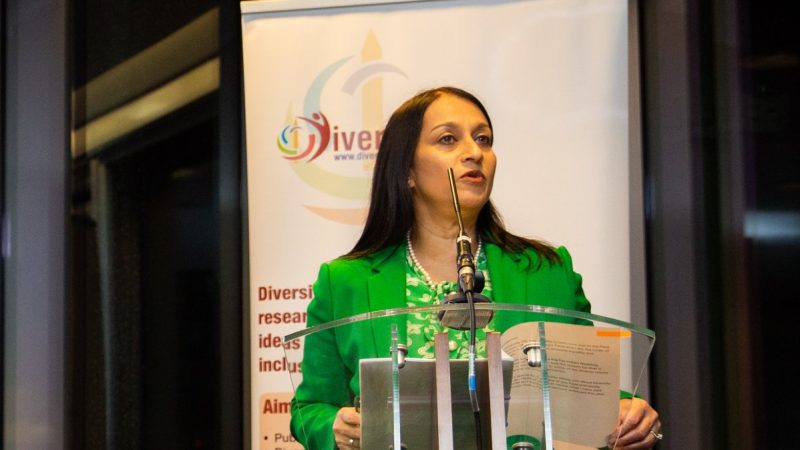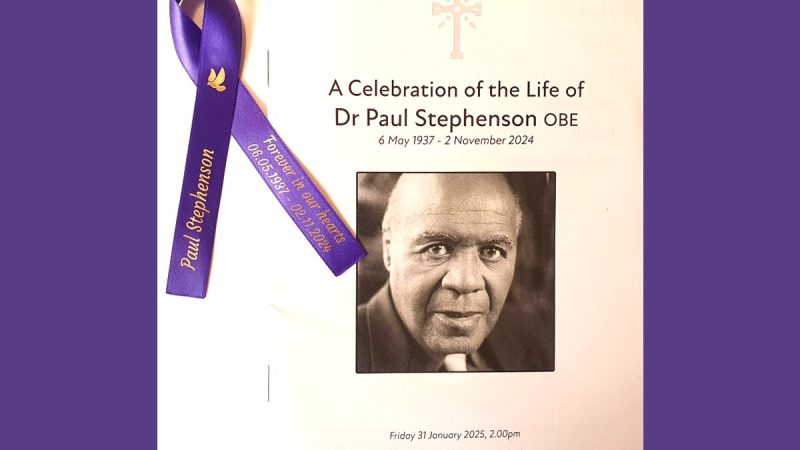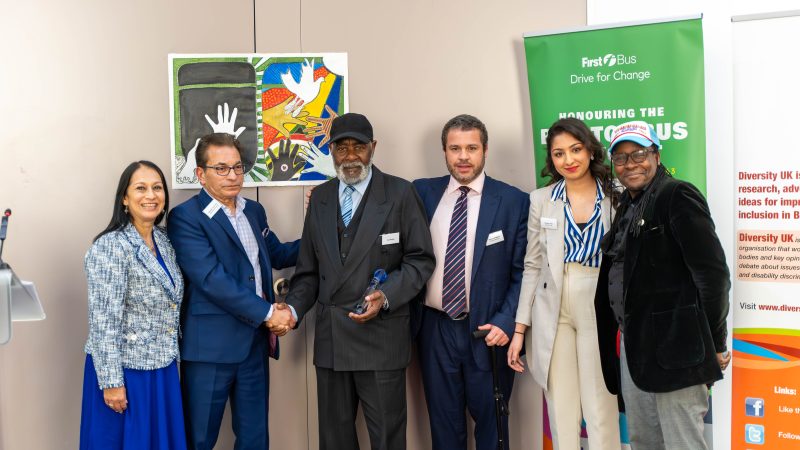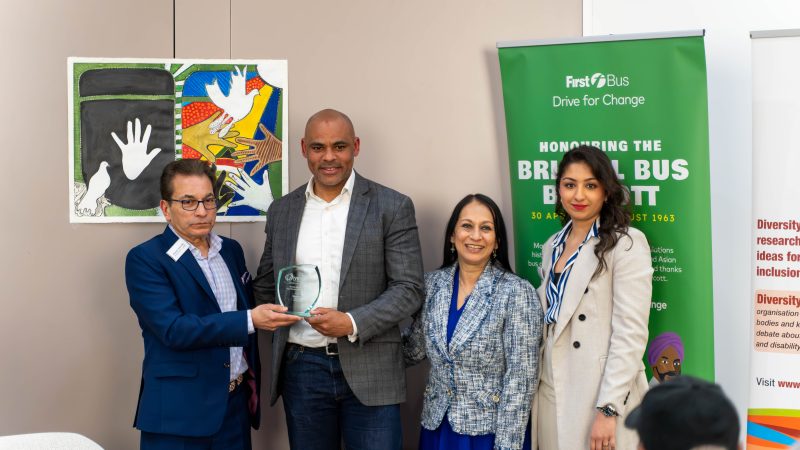EMF pushes for reform of the House of Lords
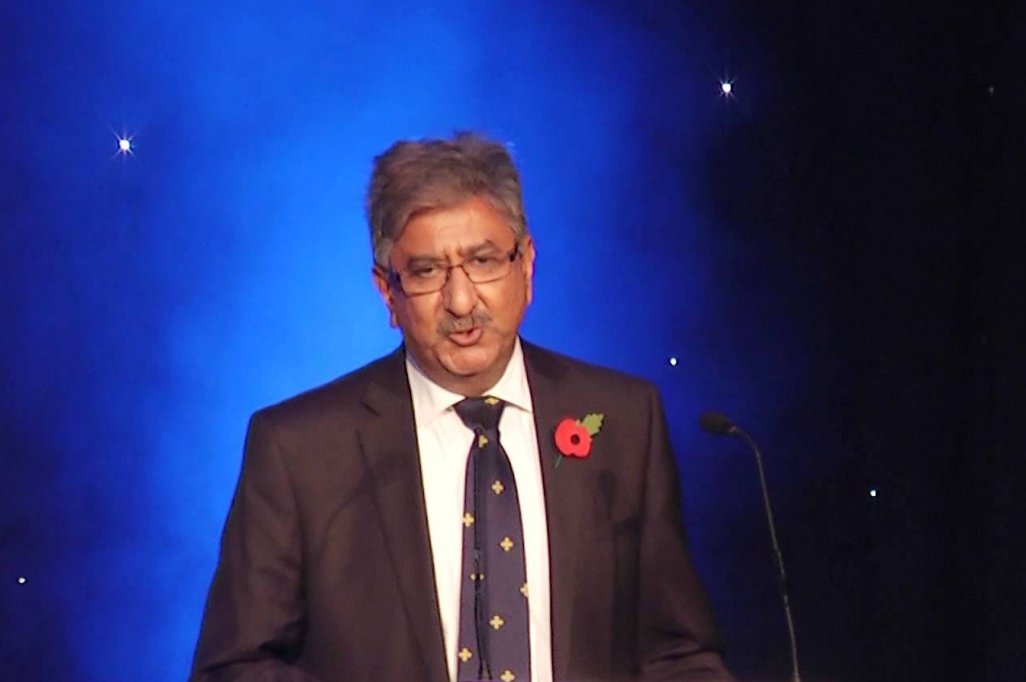
Institutional inequalities at the heart of the establishment, The House of Lords, appear to lead to discrimination of Britain's ethnic minorities, it is claimed in the new Integration and Minorities Report published by the Ethnic Minority Foundation today. The report examined data over the last 5 years that shows how systemic weaknesses in the way the House of Lords Appointments Commission operates which seemingly breach the Public Sector Equality Duty under the Equality Act 2010. A case study in the report also highlights on how some peers attempt to social engineer outcomes for well-integrated minorities. The absolute powers vested in the Prime Minister for appointments to the House are also shown to be a corrupting temptation on the last incumbent.
In August 2016, former Prime Minister David Cameron's dissolution honours list was humiliatingly blocked as the official independent advisory committee responsible for granting titles refused to support a peerage for Michael Spencer, former Conservative Party treasurer. Mr Cameron also faced an inquiry into his resignation honours list after it emerged he had given a civil servant involved in the nominations process a peerage. Laura Wyld, the head of Prime Minister’s Appointments, whose job at Downing Street involved helping nominate individuals for honours before they are vetted by Whitehall committees. It was further announced at the time that Ms Wyld would take up her appointment at "the beginning of the next Parliamentary session", which was then expected in May 2017, but will now follow the 2017 General Election.
The Ethnic Minority Foundation asks the future Government to make a manifesto pledge to speedily reform the House of Lords to enable it comply with modern practices of the Equality Act 2010. The report also discusses immigration, multiculturalism and radicalisation, and British values for a more open debate.
"Britain enjoys a rich diversity of race and culture with a high tolerance level for all faiths and none. Over the last few decades we have learnt to become much more inclusive rather than exclusively secular. The race landscape has changed and yet last year we saw at the EU Referendum how political movements and thoughtless rhetoric can arouse emotions of division and hate again," said Anil Bhanot OBE, Chairman of the Ethnic Minority Foundation
"Diversity in thought, in values, in customs does not lead to segregation so long as we subscribe to a shared sense of belonging to the country we live in, where we can ‘share’ our different values, our different thoughts, our wonderful different cultures – we just have to look at the immense variety of different foods we share in Britain now. Nonetheless the problems of radicalisation plague us where a tiny proportion of people advocate directly opposing values to our own or the different ones we want to share and it is those opposing values of the radical Islamism and the radical extreme right we must reject, as facilitated by the Government’s prevent strategy and any other means."
The report also asks the Government to review the role of the The Equality and Human Rights Commission (EHRC) whose remit is to look after all of the six strands of equality or inequality: Race, Gender, Disability, Age, Sexual Orientation and Faith. "Under the previous Commission for Racial Equality (CRE) we had regional race councils but there isn’t an equivalent structure under the EHRC. Indeed all six strands of equality need six separate divisions to enable them to look after their own inequalities, though for a jointed approach all six should remain under the one umbrella of EHRC."
About The Ethnic Minority Foundation
The Ethnic Minority Foundation (EMF) is a national registered charity created in 1999. It is an independent organisation that seeks to strengthen democratic values, reduce poverty and injustice in society, and address the growing inequalities in the world system. EMF’s social justice programme has sought to tackle some of the most difficult issues facing societies today. It has worked to try and protect children from exploitation; safeguard the rights of women and other vulnerable groups; tackle poverty and seek social applications for new technologies. Currently most of its work is focused on social enterprises and providing services and opportunities to local communities.
For more information, visit www.emfoundation.org.uk
Click here to download a copy of the EMF Integration and Minorities Report.

